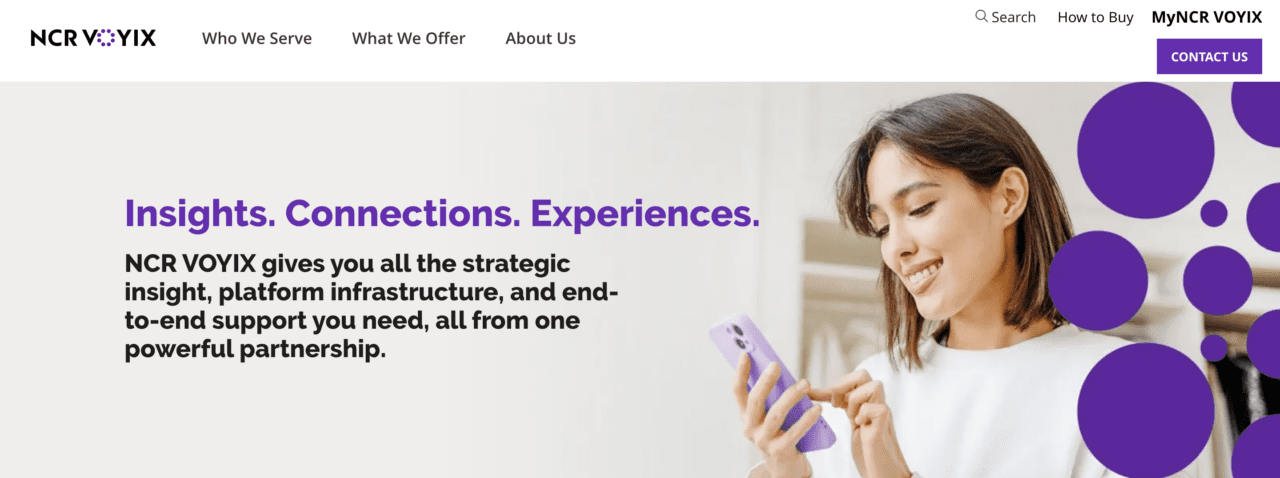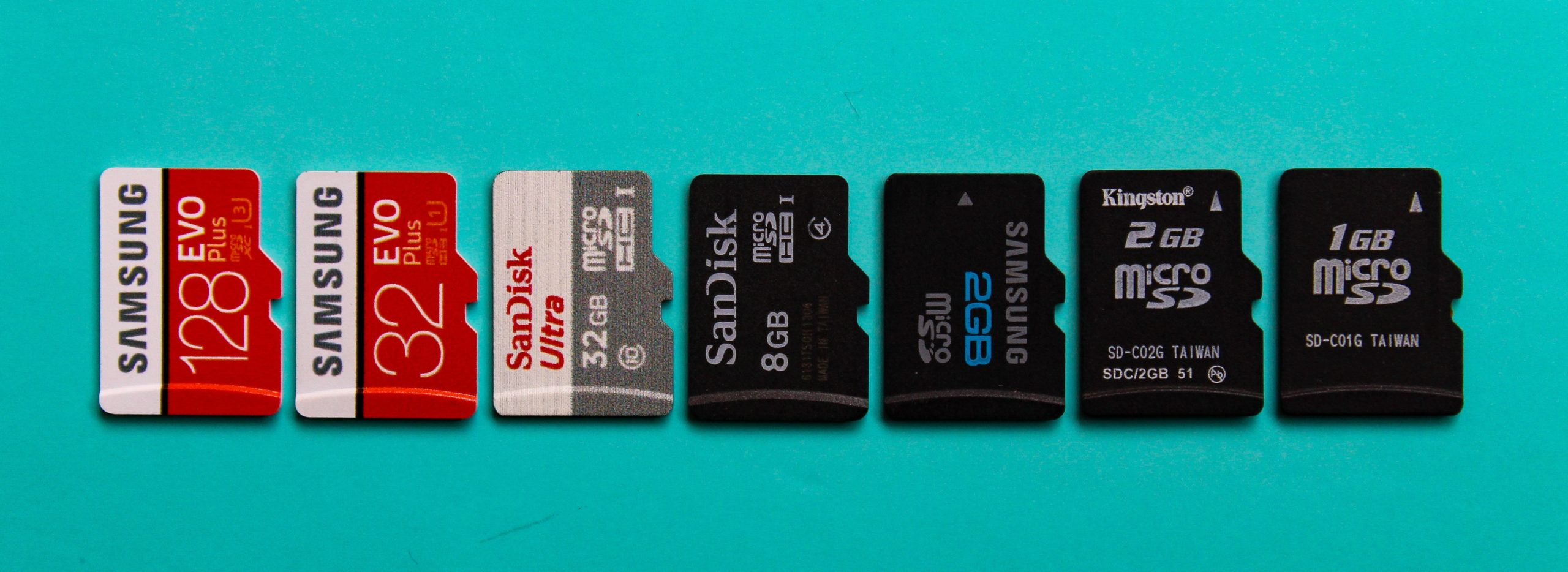
- InComm Payments and NCR Atleos (dba Atleos) have forged a new partnership that will enable cardless cash pickup at more than 23,000 ATMs around the US.
- The partnership will help InComm cover the “digital-to-physical” gap when it comes to self-service cash payments.
- Founded in 1992, InComm made its Finovate debut at FinovateFall 2011. NCR Atleos was formed when NCR Corporation split into two entities (the other being NCR Voyix).
Want cash but don’t have your card? A new partnership between InComm Payments and NCR Atleos might have you covered.
InComm Payments has adopted Atleos’ ReadyCode API which will enable InComm Payments’ fintech and banking partners to offer cardless cash pickup at more than 23,000 ATMs around the country. The partnership offers a scaled ATM network and API solution in ReadyCode that will help InComm Payments bridge the “digital-to-physical” cash payments gap and allow consumers to make cardless cash withdrawals via a simple and secure code delivered through their preferred application. ReadyCode is currently enabled in ATMs in retail locations in more than 40 states in the US.
“Atleos’ ReadyCode API offering provides an additional modality and channel for our money movement partners and their consumers to access cash in a self-service manner at ATMs located at some of the nation’s most convenient retailers,” InComm Payments VP of Product John Houseal said. “This service expands our cash-out network in a new way, connecting our partners with differentiated access to serve their customers beyond the counter.”
Atlanta, Georgia-based InComm Payments made its Finovate debut at FinovateFall 2011. The company also participated in our developers conference, FinDEVr SiliconValley 2014 (in partnership with Cashtie). Founded in 1992, InComm today delivers end-to-end payment platforms that enable omnichannel connections and alternative payment options for companies in industries ranging from financial services and gifting to healthcare and human resources. Operating in more than 40 countries around the world, InComm has more than 525,000 points of retail distribution, processes more than $65 billion in annual transaction volume, and manages more than one billion cards a year.
“Enabling InComm Payments’ broad and deep program relationships with access to the ReadyCode solution will provide more flexibility for consumers to transact where and how they want, without the need for a card,” Atleos SVP, Global Network Solutions, Ben Bregman said. “This relationship will also provide additional use cases to drive utilization of the ATM for increasingly digital-first providers beyond traditional financial institutions, and continue to fulfill on our promise to our retail partners to drive incremental foot traffic to their stores.”
Formed in 2023 when NCR Corporation split into two entities (the other being NCR Voyix), NCR Atleos offers self-service financial access through one of the largest independently-owned ATM networks in the US. Based in Atlanta, Georgia, the company helps boost operational efficiency for financial institutions, increase footfall for retailers, and provide consumers with the kind of digital-first, self-service financial experiences that are secure and convenient. Atleos is a publicly traded company on the New York Stock Exchange, under the ticker NATL, and has a market capitalization of $2 billion. Tim Oliver is President and Chief Executive Officer.
Photo by Stephen Cook on Unsplash













